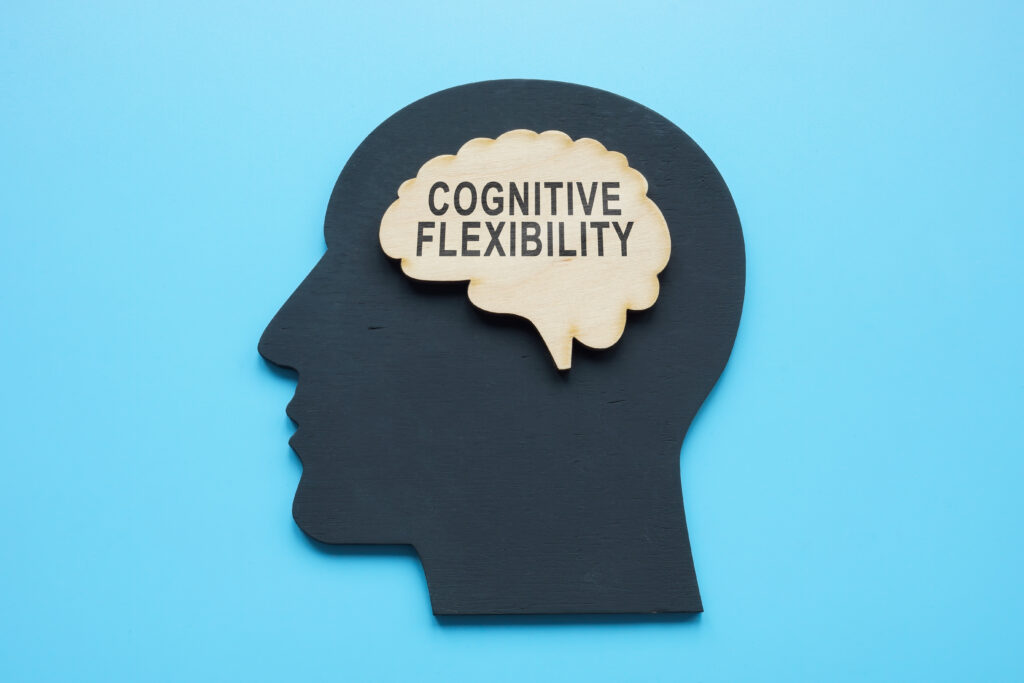As we age, our bodies go through a number of changes, both physical and mental. One of the most concerning changes that can occur is the development of dementia. Dementia is a broad term that describes a decline in cognitive function, including memory loss, impaired thinking, and behavioral changes. It is most commonly associated with conditions such as Alzheimer’s disease. However, recent research has shown a potential link between hormonal changes and the development of dementia. In this article, we will explore the connection between hormonal changes and dementia and how understanding this link can help us better prevent and treat this debilitating condition.
Hormones play a crucial role in the regulation of various bodily functions, including metabolism, growth, and reproduction. They are produced by our endocrine glands and travel through the bloodstream to different parts of the body, acting as messengers that instruct cells and tissues to perform specific actions. As we age, our hormone levels naturally start to decline. This decline can have a significant impact on our overall health, including our brain function.
Recent studies have shown that there is a strong link between hormonal changes and the development of dementia. The most significant hormone associated with this condition is estrogen. Estrogen is a hormone primarily produced by the ovaries in women and plays a crucial role in regulating the menstrual cycle and maintaining bone health. It also helps support brain function by promoting the growth and maintenance of nerve cells.
As women enter menopause, their estrogen levels decrease significantly. This decline can lead to a range of symptoms such as hot flashes, mood swings, and sleep disturbances. However, research has also shown that this decline in estrogen levels can have a significant impact on cognitive function and may increase the risk of developing dementia. A study published in the Journal of Neuroscience found that women with low estrogen levels were more likely to experience memory lapses and other cognitive impairments compared to those with higher levels of estrogen.
But it’s not just women who are affected by hormonal changes and dementia. Men also experience a decrease in hormone levels as they age. Testosterone, the primary male hormone, plays a crucial role in maintaining bone density, muscle mass, and sex drive. It also has a significant impact on brain function. A study published in Neurology found that men with low levels of testosterone were more likely to experience cognitive decline and have a higher risk of developing dementia.
So, how exactly do hormonal changes impact our brain function and increase the risk of developing dementia? One theory suggests that estrogen and testosterone help protect the brain from oxidative stress and inflammation. Oxidative stress occurs when there is an imbalance between free radicals (unstable molecules) and antioxidants (molecules that neutralize free radicals). This imbalance can cause damage to cells and tissues, including those in the brain. Estrogen and testosterone act as antioxidants, helping to reduce this damage and protect the brain from cognitive decline.
Another theory is that hormones help maintain the structure of the brain by promoting the growth and maintenance of nerve cells, known as neurons. As we age, our neurons naturally start to decline, affecting communication between different parts of the brain. This breakdown in communication can lead to cognitive impairment and increase the risk of developing dementia. Hormones such as estrogen and testosterone may help slow down this decline and maintain the structure of the brain.
So, what does this all mean for us? Understanding the link between hormonal changes and dementia can help us better prevent and treat this condition. Hormone replacement therapy (HRT) is one option that has been explored in recent years. HRT involves taking hormones, such as estrogen or testosterone, to replace those that have declined with age. However, HRT is not without risks and should be discussed with a healthcare professional.
Aside from HRT, there are other ways to support hormone balance and potentially reduce the risk of developing dementia. A healthy lifestyle that includes a balanced diet, regular exercise, and stress management can help maintain hormone levels. Foods such as soy, flaxseed, and fatty fish contain compounds that mimic estrogen and may help balance hormone levels naturally. Additionally, engaging in mentally stimulating activities, such as puzzles, reading, and learning new skills, can help keep the brain active and potentially protect against cognitive decline.
In conclusion, there is a strong connection between hormonal changes and the development of dementia. Estrogen and testosterone play a crucial role in brain function and may help protect against oxidative stress, inflammation, and neuron decline. As we age, it is essential to understand the impact of these hormonal changes and take steps to support our overall hormone balance. By doing so, we can potentially reduce the risk of developing dementia and maintain our cognitive function as we age.


